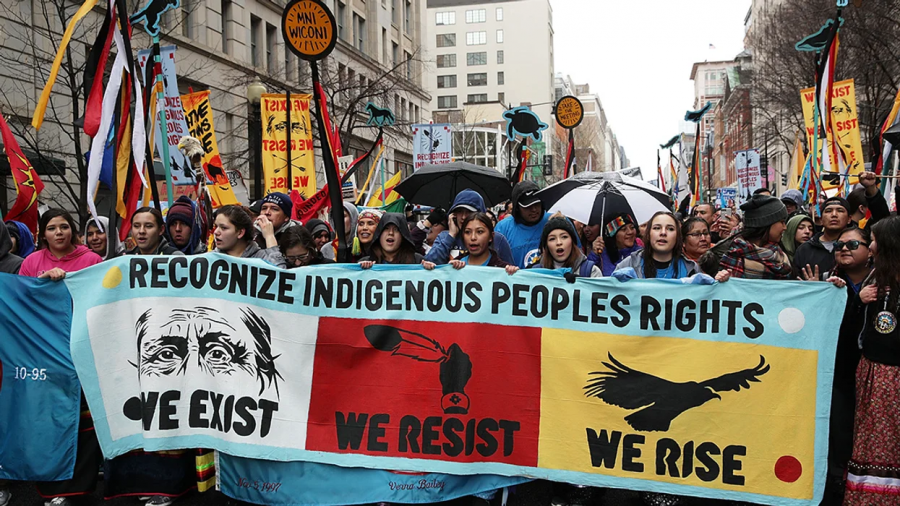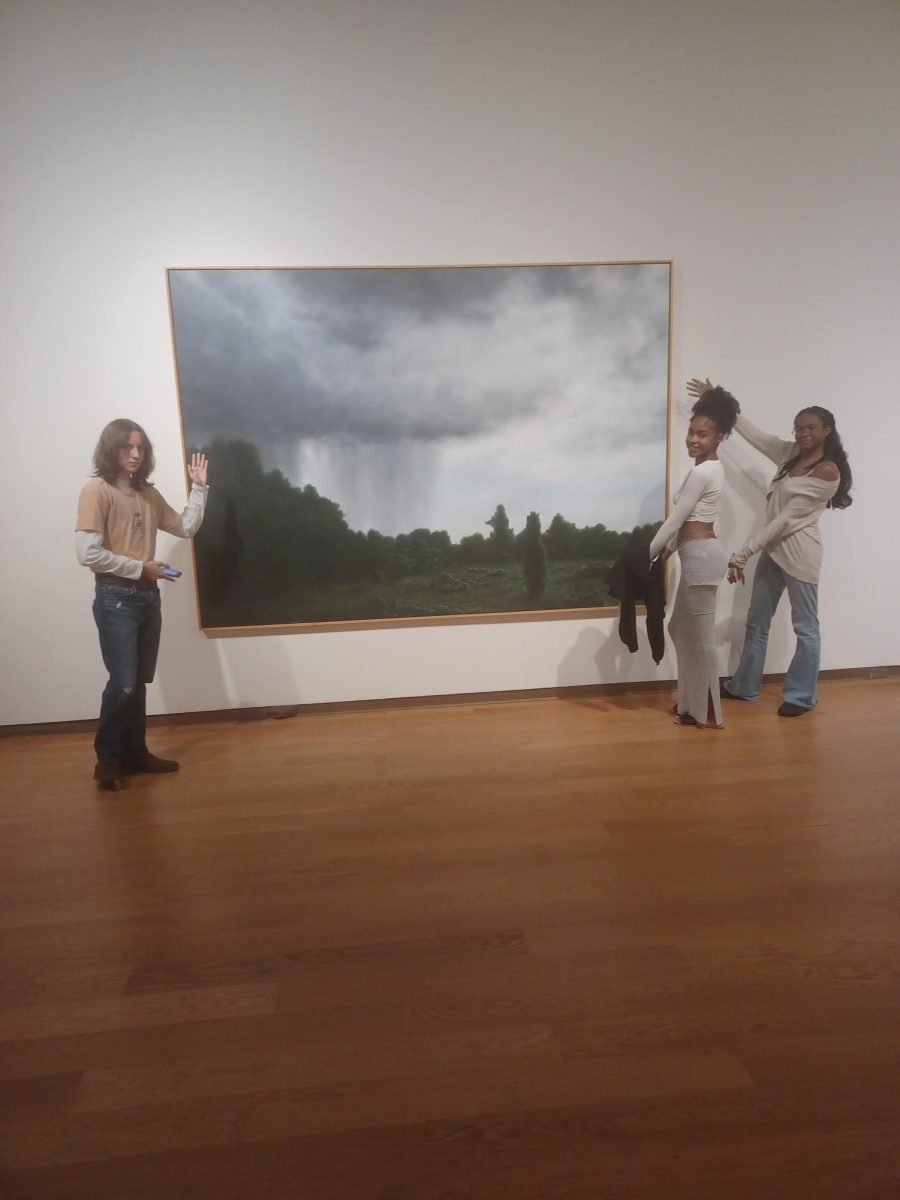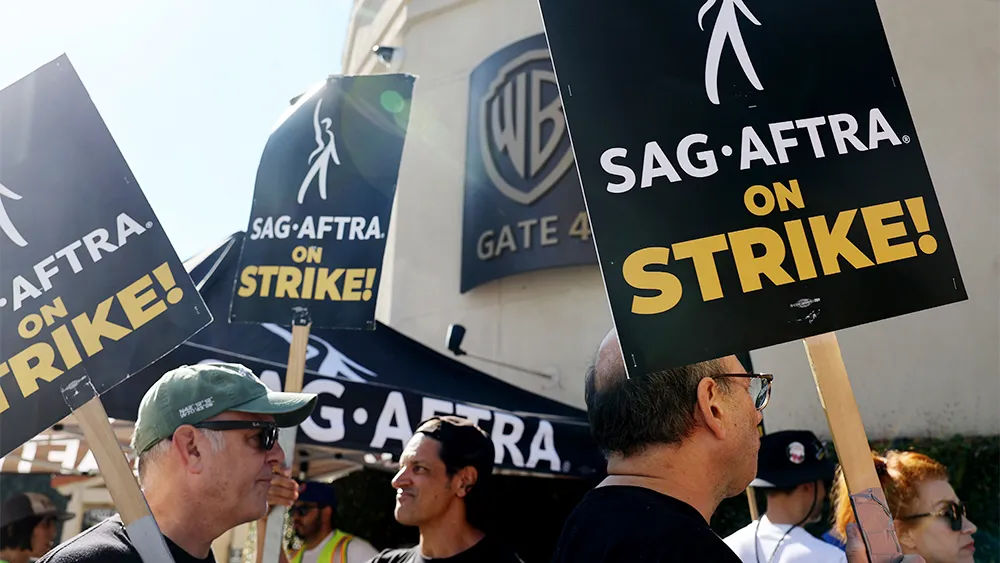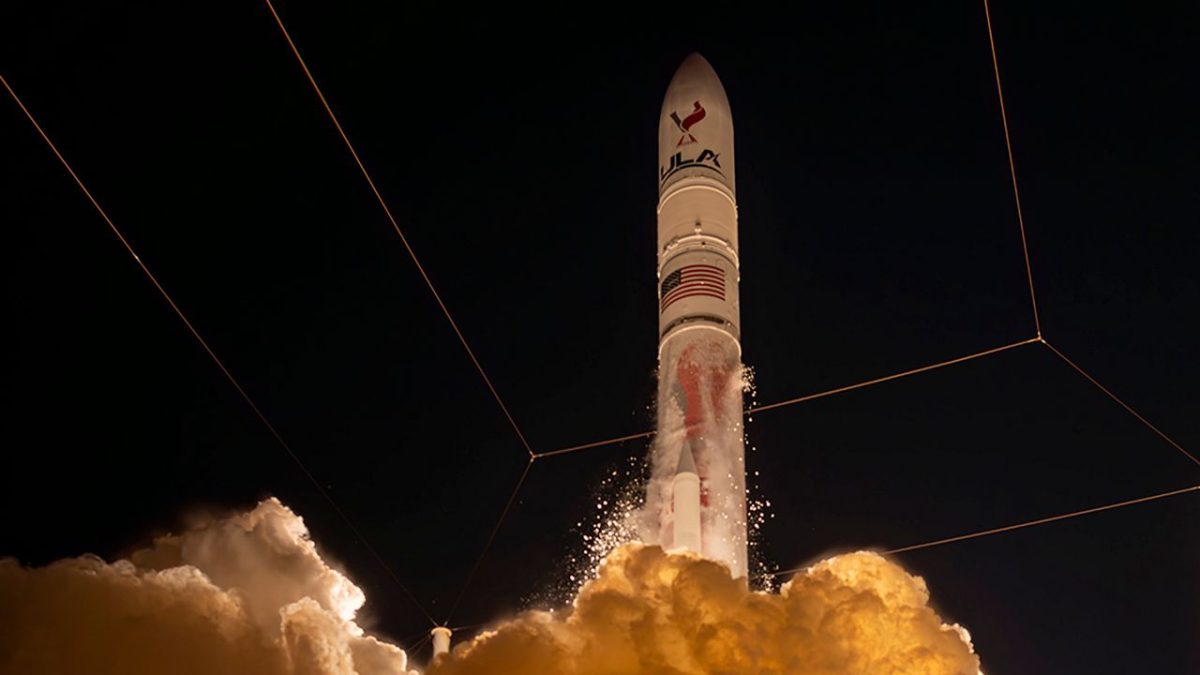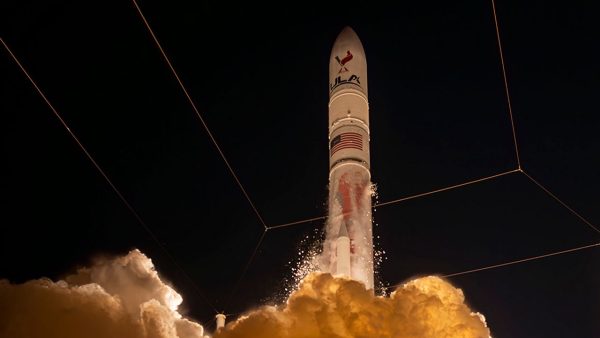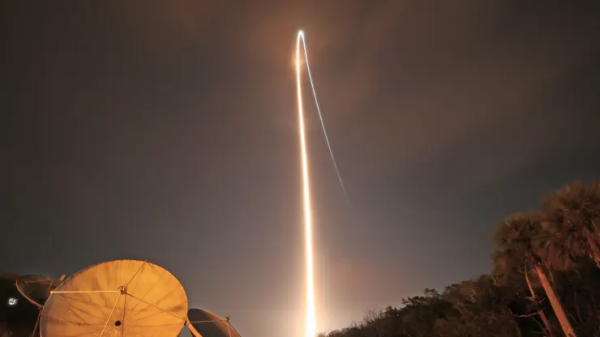President Biden’s Proclamation of Indigenous Peoples’ Day, 2021
November 4, 2021
Indigenous Peoples’ day, now observed on the second Monday of October, commemorates American Indians, Alaska Natives, and Native Hawaiians for their substantial contributions to America, and for their resilience shown throughout the development and growth of what is now the United States of America. This year was the first time the holiday has been formally proclaimed by a U.S president. This news is tremendously meaningful to the Native American population, as it is a shift toward the rightful acknowledgment of the “immeasurable positive impact that they have made on every aspect of American society,” says Joe Biden in the “Proclamation on Indigenous Peoples’ Day, 2021.”
In the United States, the second Monday of October is widely celebrated as Columbus Day, the anniversary of Italian explorer Christopher Columbus’ arrival to the Americas in 1492. As the Europeans took on their expansion of this land, they inflicted tremendous devastation upon the country’s original inhabitants. European contact with the Americas resulted in enslavement, forced displacement, warfare, and consistent torment against the indigenous populations and cultures, according to the National Museum of the American Indian.
Because of the hostile role of Columbus and other Europeans in American history, many feel that it is more appropriate to commemorate the country’s indigenous inhabitants, instead of glorifying the colonizers who committed heinous acts against them. “We have to educate ourselves and raise awareness and listen. And as we listen, we’ll have to come to grips with the fact that we were misled,” says Rich Holschuh, an educator, cultural researcher, and member of the Vermont Commission on Native American Affairs
The suggestion of replacing Columbus Day with a day honoring the Native Americans was originally proposed at the International Conference on Discrimination against Indigenous Populations in the Americas back in 1977. This proposal became the foundation of the steady movement toward the national commemoration of the Native American population. USA Today reports that up until October of 2020, 14 states, 130 cities, and several universities had accepted Indigenous Peoples Day either along with or instead of Columbus Day. This year, on Oct. 8, President Joe Biden proclaimed the day Oct. 11 as Indigenous Peoples’ day in addition to Columbus day, being the first president to take this stance, and the first time this day is federally celebrated all around the United States.
“Today, we acknowledge the significant sacrifices made by Native peoples to this country — and recognize their many ongoing contributions to our Nation…I call upon the people of the United States to observe this day with appropriate ceremonies and activities,” says President Biden.
In the prolonged haze of discrimination, violence, and a lack of representation of Native Americans, this sentimental notion should act as a stimulant in establishing adequate respect for these cultures and for their preservation.

